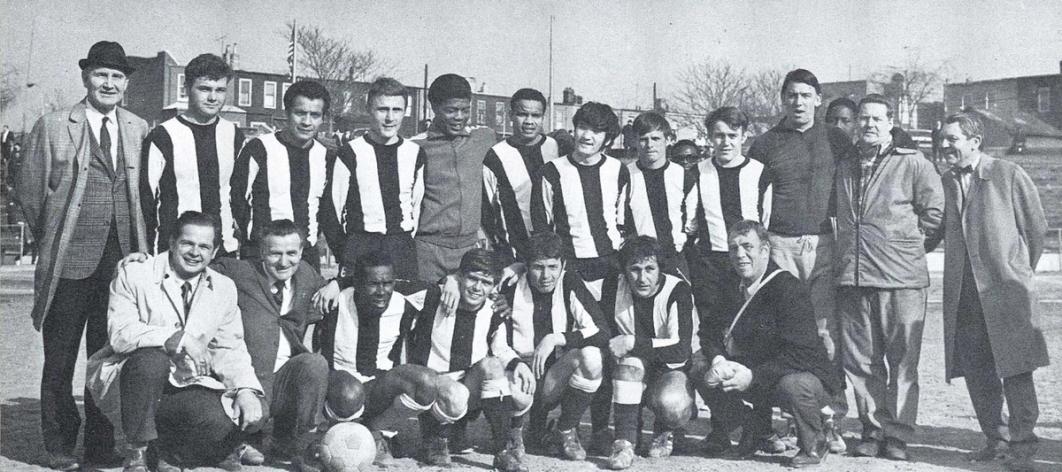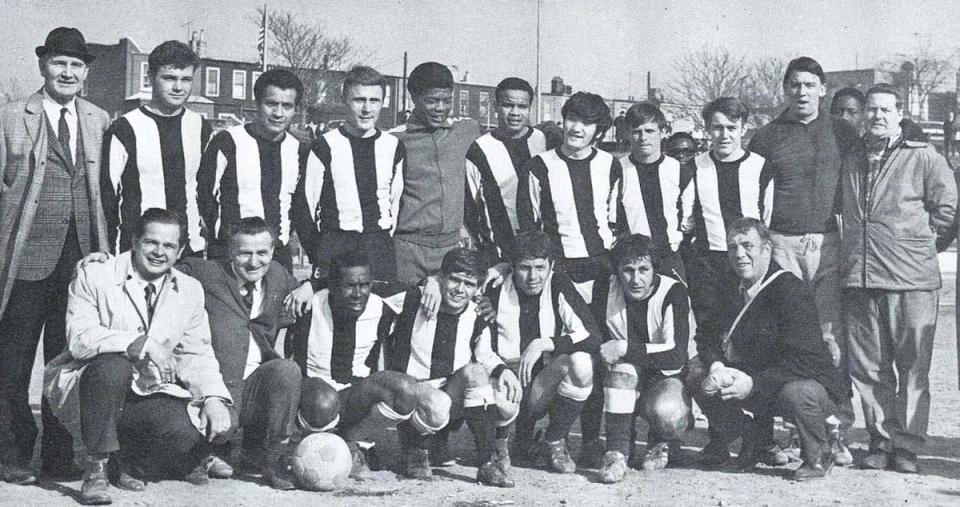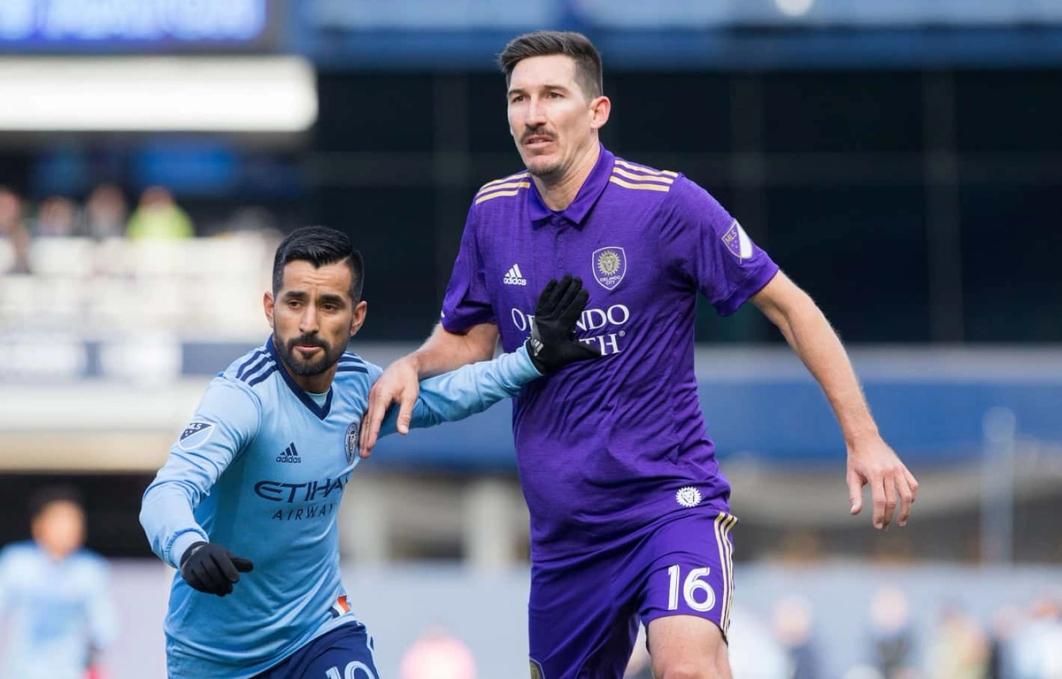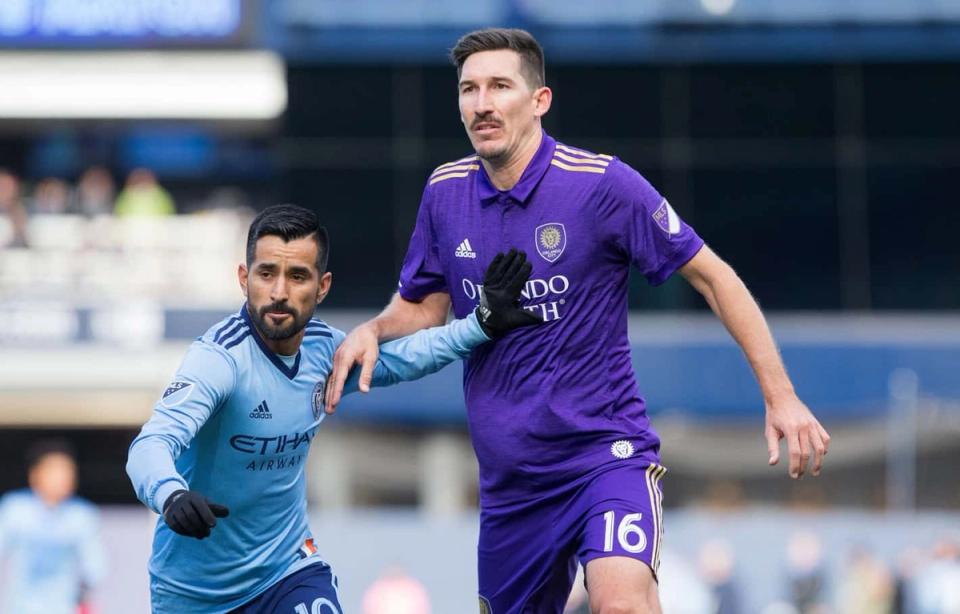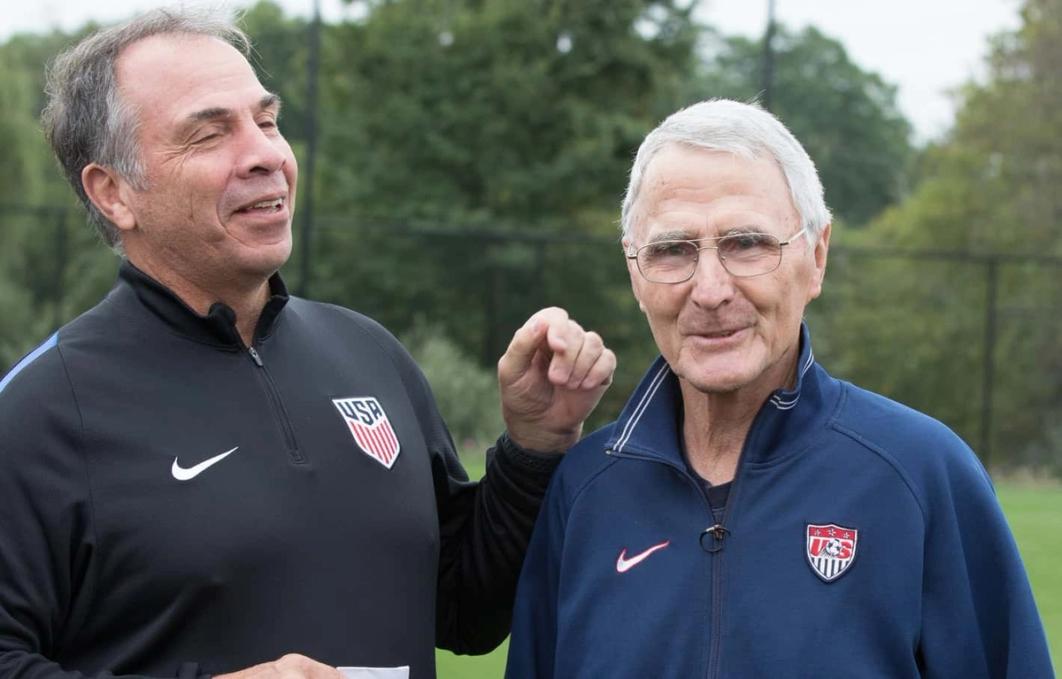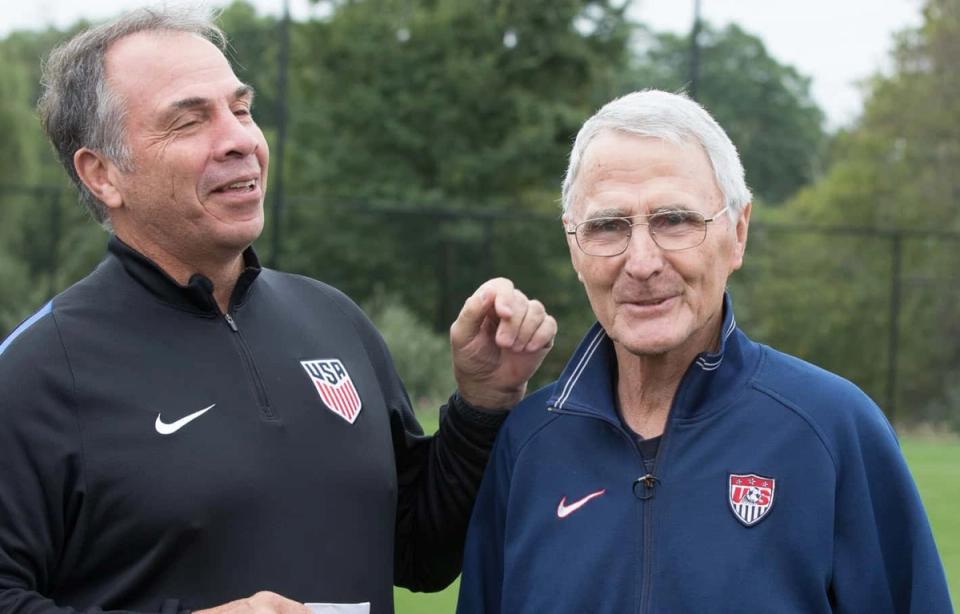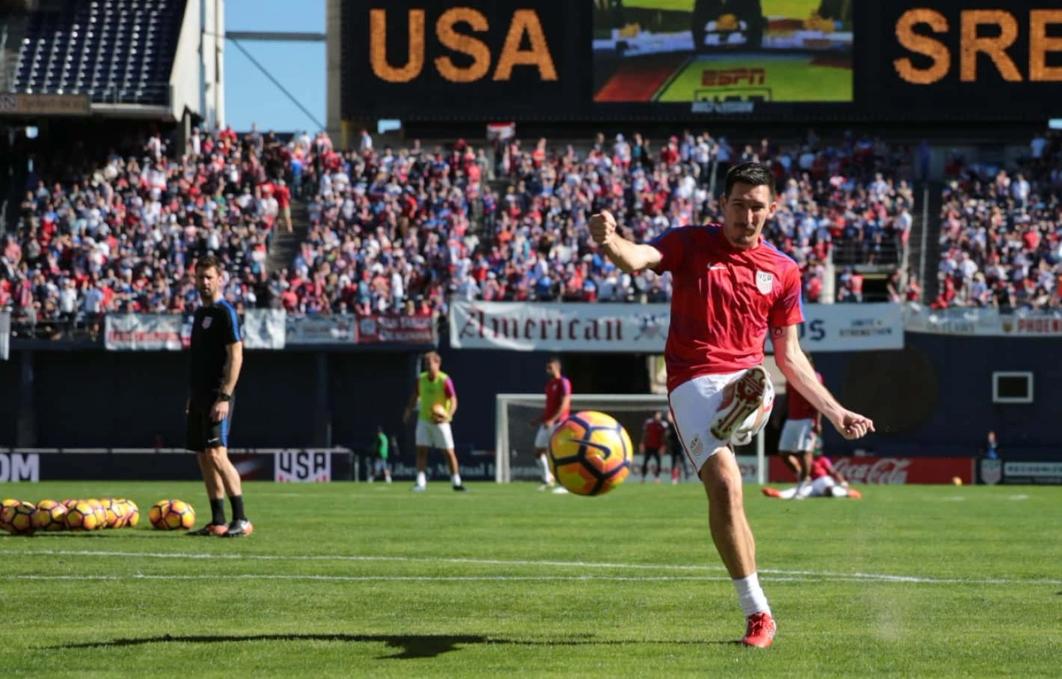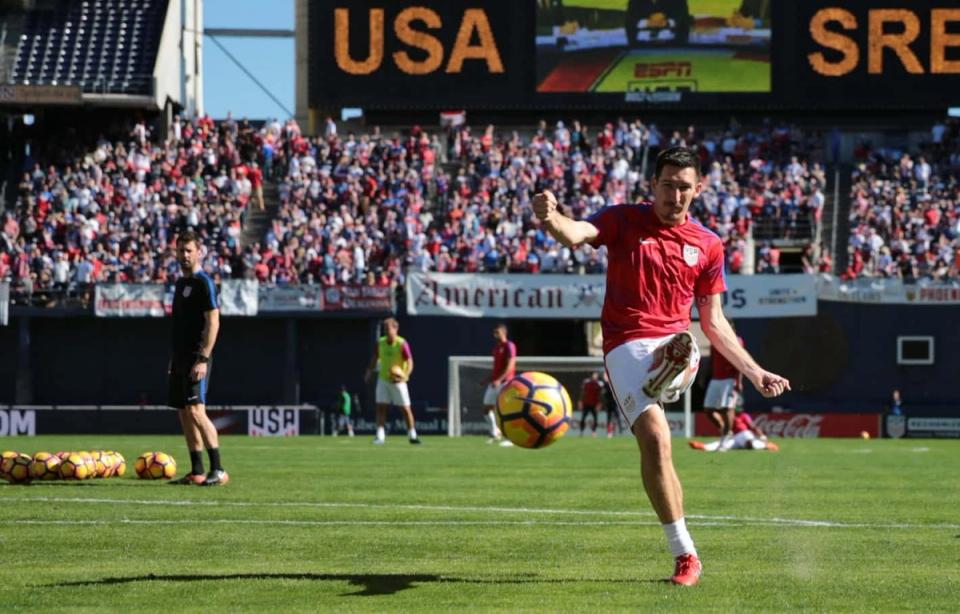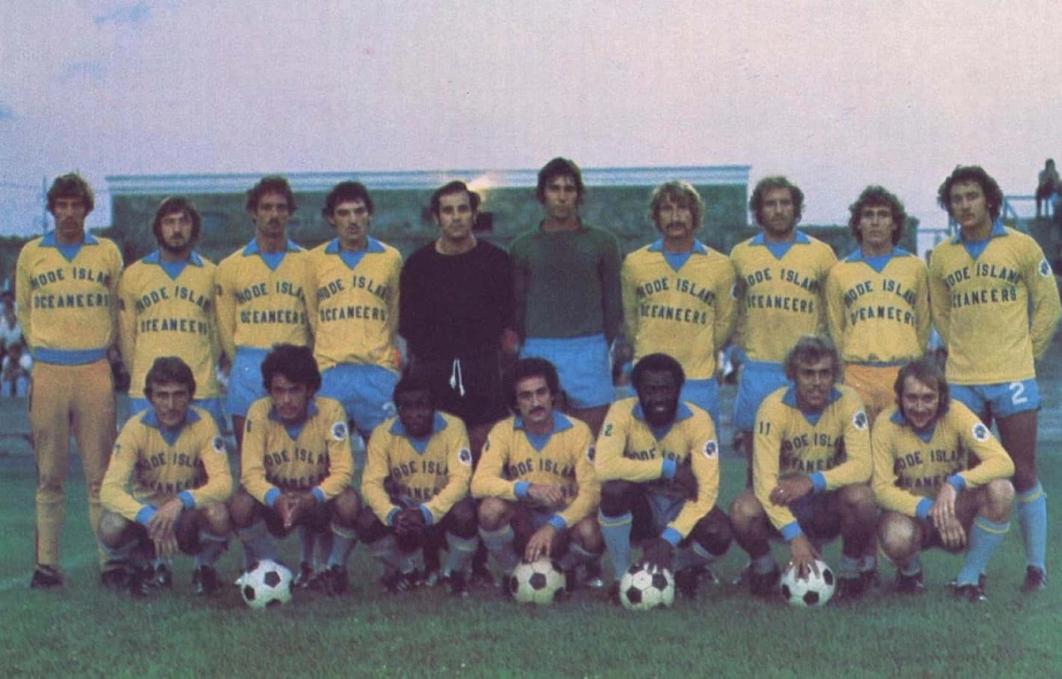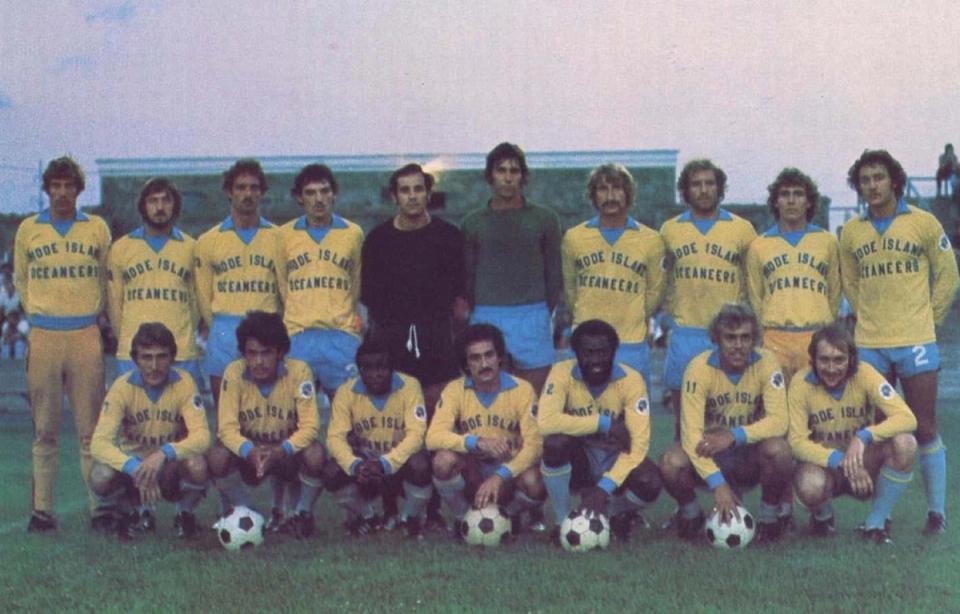What he remembers best are the games, his teammates and his two Open Cup trophies. He estimates the crowd at the 1970 Final in Manhattan was around 5,000-strong to see his Elizabeth SC come from behind to beat LA Croatia of the Greater Los Angeles Soccer League (GLASL). “There was no trouble with those fans rushing the field after the final whistle, and I still remember the chaos of it,” said Schellscheidt from his home in Union Township, New Jersey. “We all went to the clubhouse and had a few beers after. That was always the way, win or lose, and it’s special to remember even now.”
Three Years, Two Cups for Schellscheidt
Two years later, in 1972, Elizabeth beat another California team – this time the San Pedro Yugoslavs 1-0 in Farcher’s Grove, New Jersey. “It was so much fun playing in that team,” Schellscheidt said, his feelings and memories still fresh. “There was no mystery with the way the ball would move because everyone could really play. We were a real team from back to front and what a fun thing that is to be a part of.”
All of Schellscheidt’s sepia-toned memories, the detailed vignettes of a long-gone era, got passed on to Kljestan, who now stands on the brink of matching one of his old coach’s achievements. A win in the Semifinal at home against defending MLS champions Atlanta United on Tuesday, August 6 [Live on ESPN+] would send Orlando City to a first-ever Open Cup Final.
“I love the Open Cup,” said Kljestan, his voice rising like he’s defending an unpopular position. “I love the history of it and reading about the history of the Cup. There are all these little dynasties from the 20s and 30s and 40s and 50s. I also like playing for a club that takes the Open Cup seriously. I remember when I was with Chivas USA, we used to put out a reserve squad and get bounced early. I never liked that. Being in the Open Cup Semifinals is something I’m really proud of.”
Respect All Around
The Exploria Stadium in downtown Orlando is a long way from Randall’s Island and the Met Oval of the old days, but Schellscheidt can’t help but imagine one of his favorite protégées playing back on them back in the day. “Oh my, Sacha would have been great in those old Elizabeth teams. He would have been a great fit in the German-American League,” said Schellscheidt, a member of the National Soccer Hall of fame (inducted in 1990) and a champion in the North American Soccer League (NASL) as a player with the Philadelphia Atoms in 1973 before embarking on his coaching career. “A lot of pros today wouldn’t have been able to hack it out there back then – even guys who are on the National Team – but Sacha would have been perfect.”
